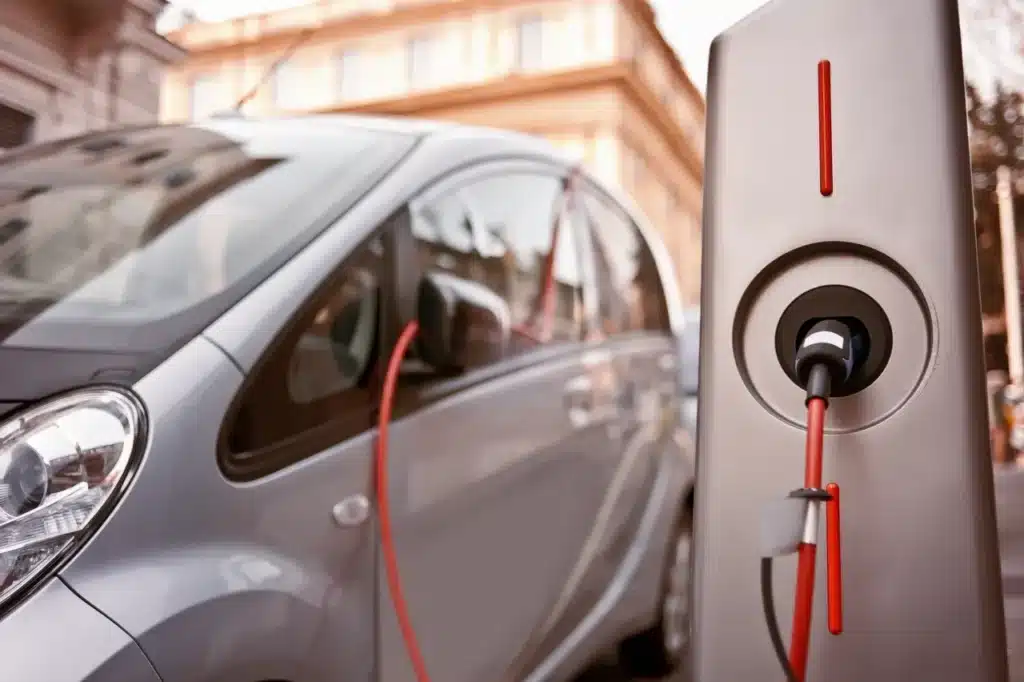Is Tesla’s Poor Sales From an EV Slowdown or More Competition?
Tesla is struggling despite celebrating its milestone of six million vehicles produced in March. Tesla’s stock price declined by nearly one-third in 2024, as one of the lowest performers in the S&P 500 this year. Tesla’s global first-quarter (Q1) 2024 sales dropped over 20% from Q1 2023.
Some believe this is due to an EV industry sales slowdown; others say it’s because Tesla faces increased competition from other EV makers. A Cox Automotive report said Audi, BMW, Mercedes, and Rivian reported EV sales growth of over 50% during the past year. The report also said that US electric vehicle sales grew an estimated 15% between Q1 2023 and Q1 2024. Other electric vehicle sales, excluding Tesla, rose by 33%. Ford said its EV sales were up 86%.

Industry analysts point to Tesla’s aging lineup as a problem. It released its Cybertruck in 2023. However, production is slow and limited, and Tesla CEO Elon Musk admitted it is far from profitable so far. The automotive industry loves newness, and competitors Ford, Audi, Stellantis, Hyundai and many others are offering competitive EV models that are much newer to the market. Tesla’s popular Model 3 and Model Y models are seven and five years old. Tesla, and all other OEMs, are concerned about low-priced Chinese EV competition. China’s BYD Seagull is the most significant example of an inexpensive Chinese EV, with its $9,698 price tag.
To compete with China, Tesla’s planned low-priced EV would start at $25k, known as the “Redwood” and “Model 2.” This model could bring Tesla great success with monumental sales possibilities, as the company has yet to enter the expansive economy car market so far. Reuters reported that Musk planned to cancel previous plans to produce the Model 2 in 2025, developing self-driving robotaxis on the same small-vehicle platform instead. Musk was reported to fire back on his X platform, saying Reuters is “lying again,” however the Model 2’s fate remains unclear.
EV Charging Time Remains a Problem, But Help is On the Way
A primary complaint from EV adopters is the time it takes to recharge an EV. Direct Current Fast Charging (DCFC) is the fastest available, charging a battery electric vehicle (BEV) 80 percent in as little as 20 minutes. In New York City, EV charging startup Gravity announced the capability to charge EVs for 200 miles of range in just five minutes with its 500kW chargers. However, it will take some time for new vehicles to adapt to this new, increased capability.
Automotive Charging Solutions (ACS) Offers Seamless EV Charging Installation
ACS offers seamless solutions and flexible financing based on what you and your business needs. Whether you choose Charging as a Service or decide to purchase or lease the chargers, you are making a wise and valuable investment. In either case, ACS offers reliable ongoing maintenance and 24/7 technical support.
Contact ACS today for more information.

Electric Vehicle Marketing Consultant, Writer and Editor. Publisher EVinfo.net.
Services